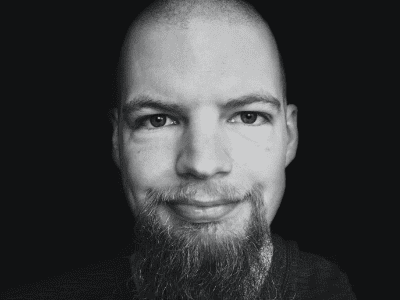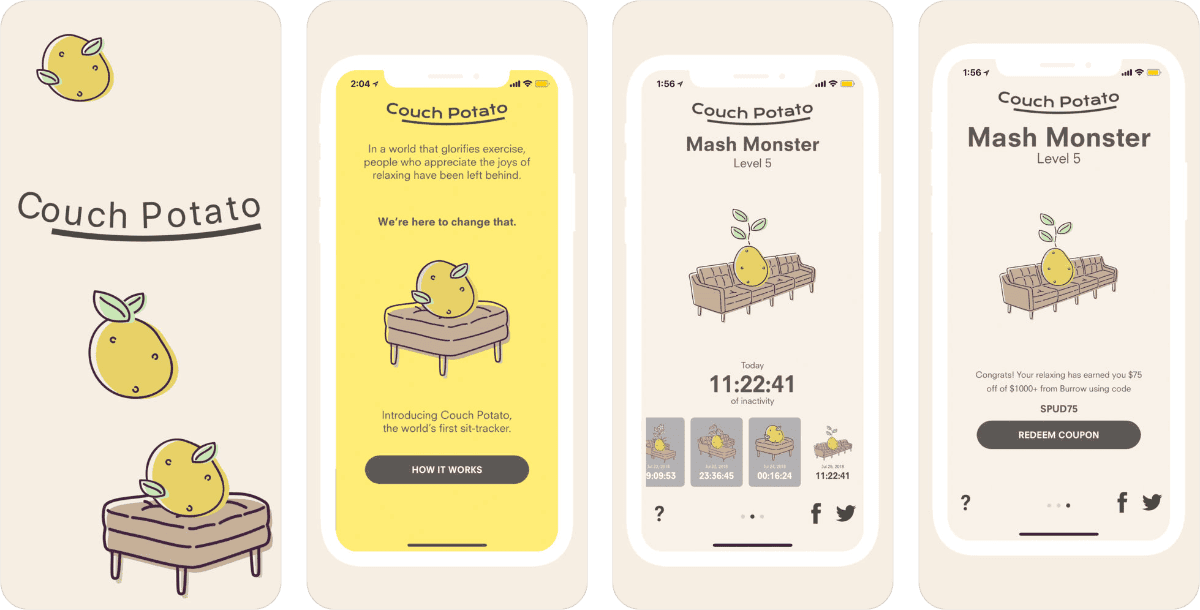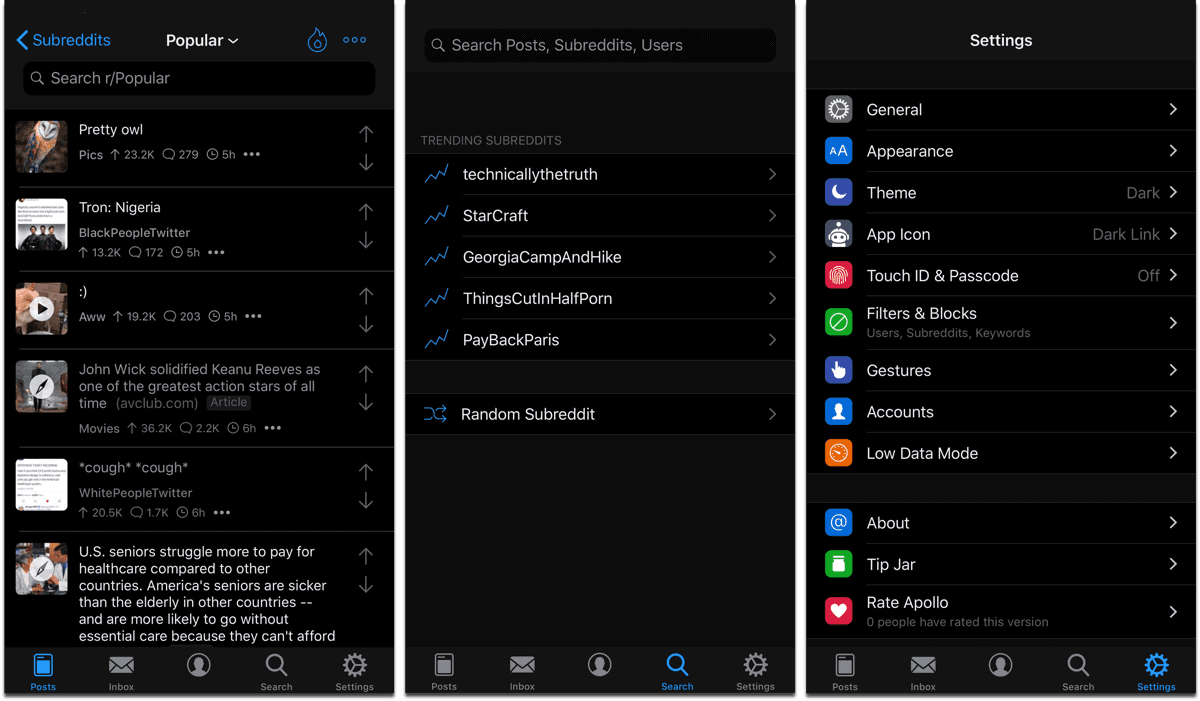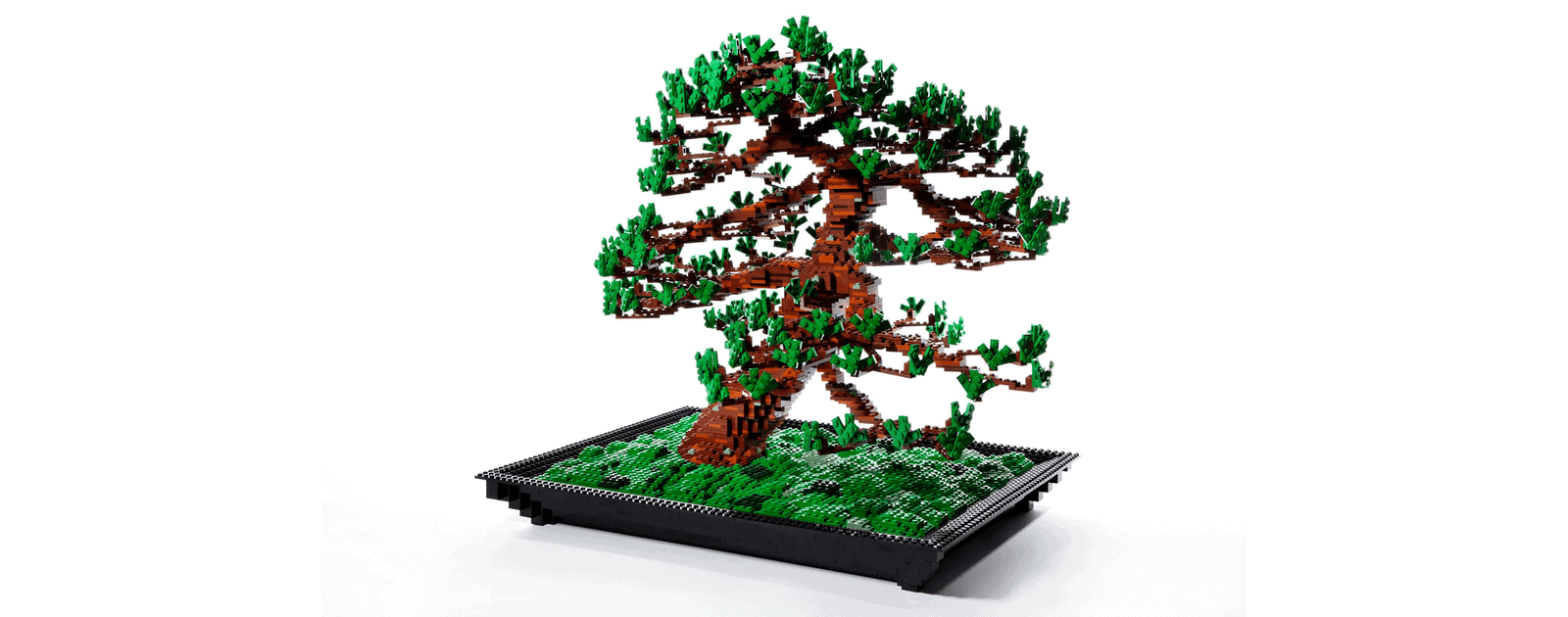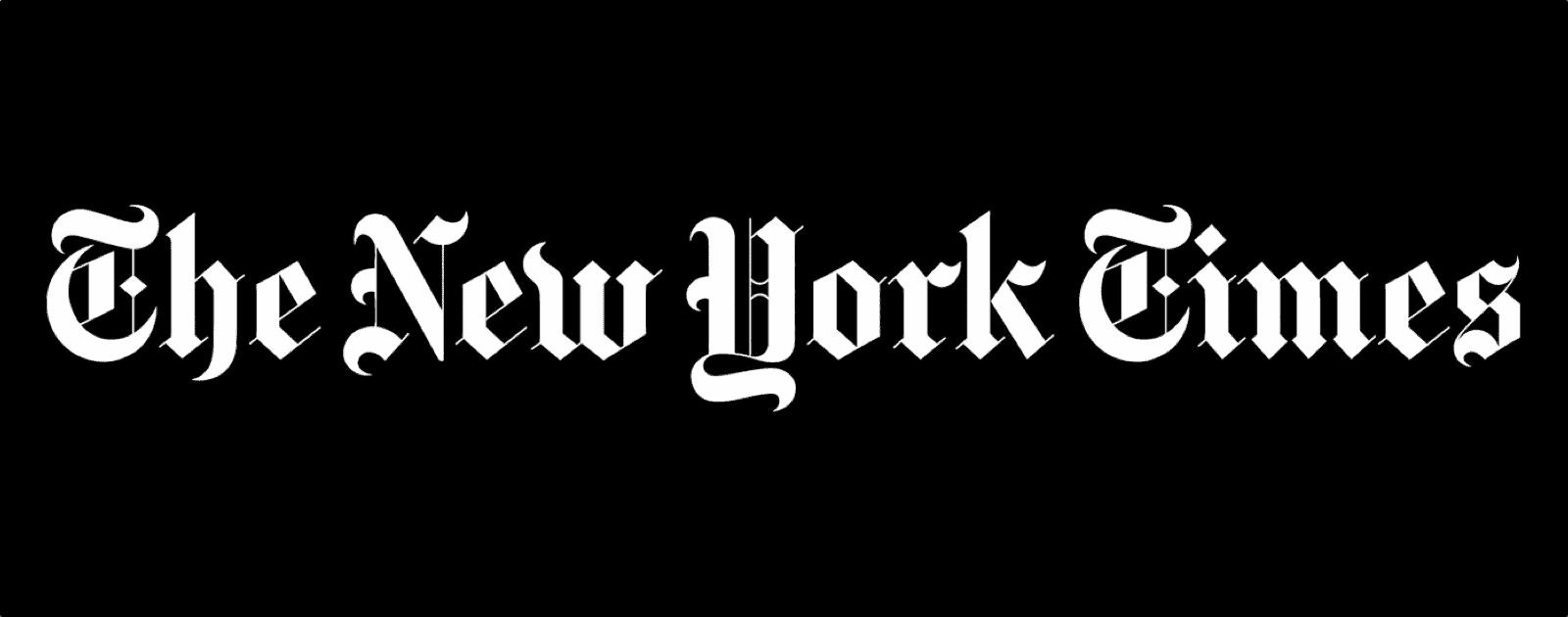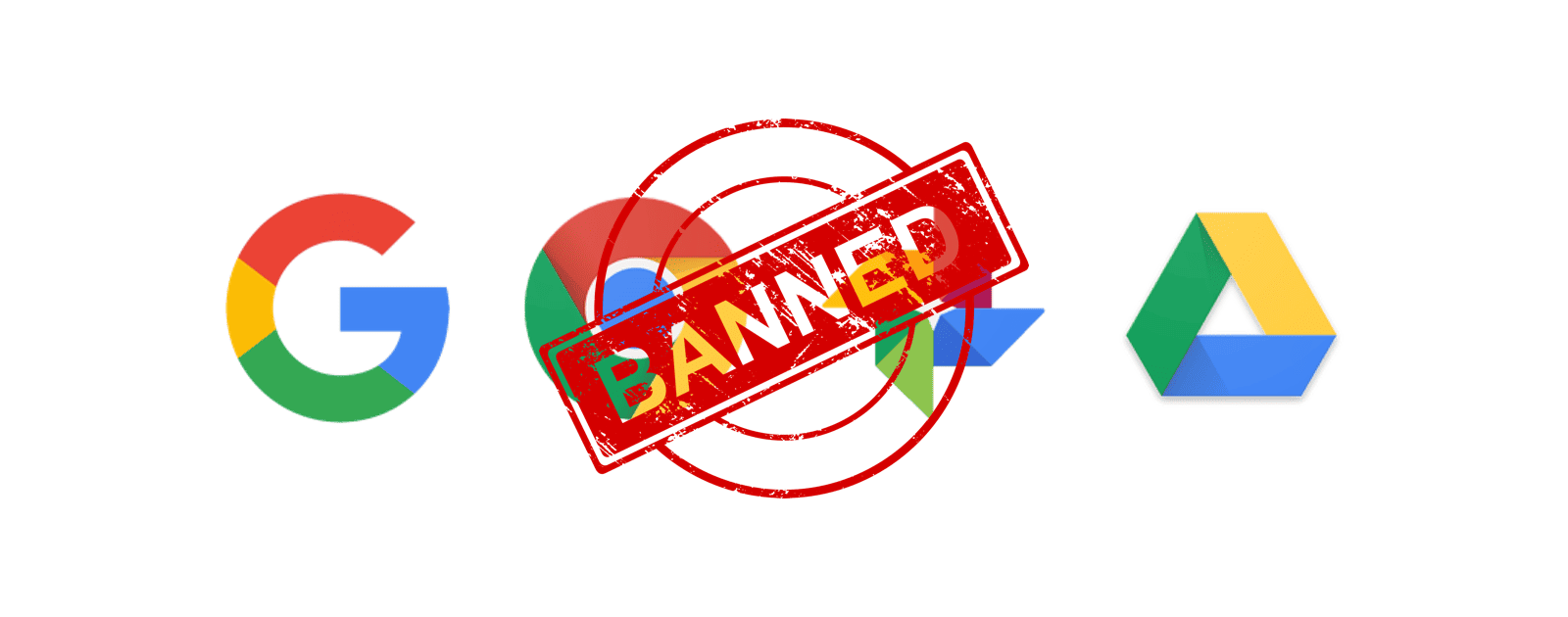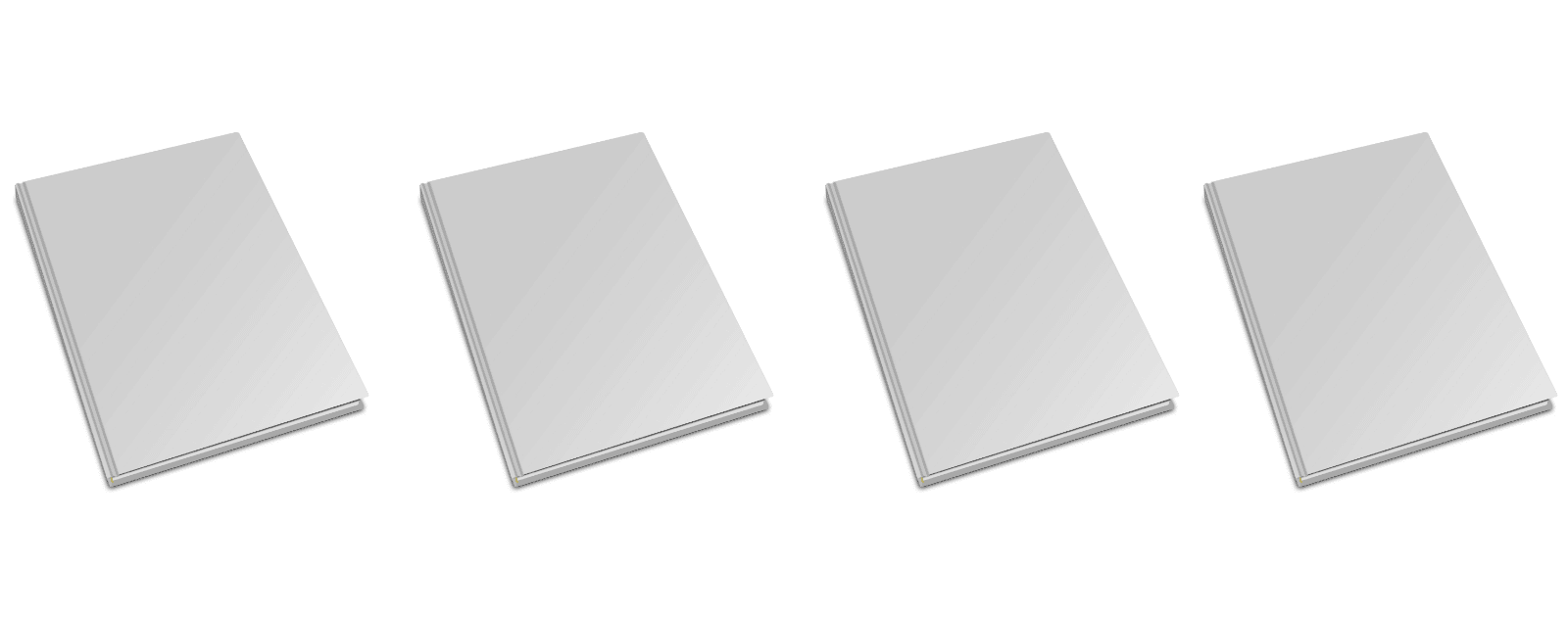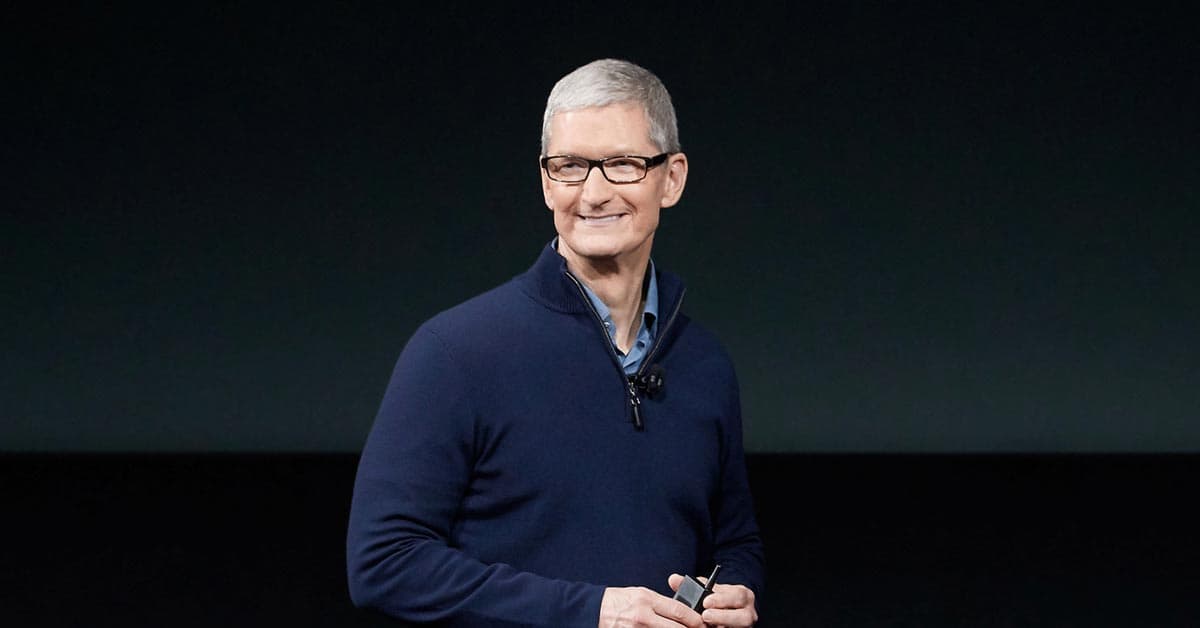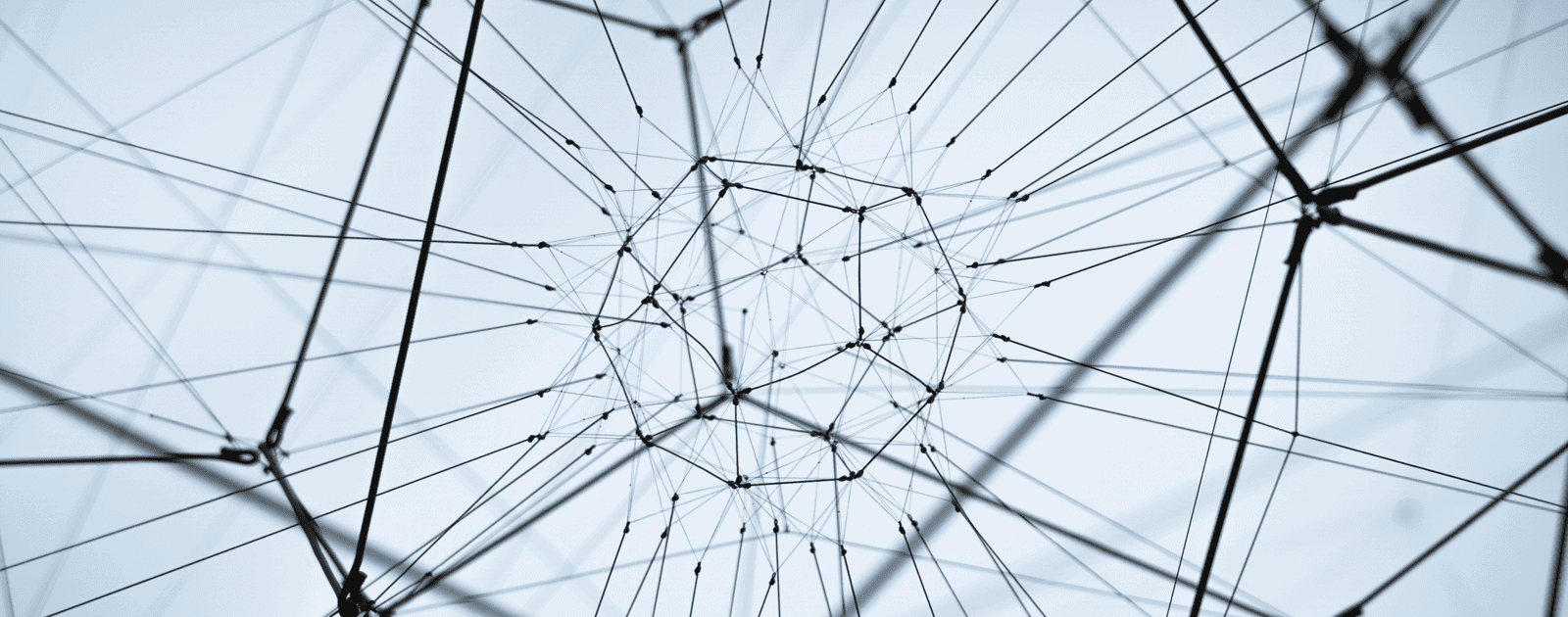The new instant credit makes it much faster to buy the products you want while using your old devices to offset the cost.
Articles by Andrew Orr
Internet Trolls Have Won. Time to Give Up
The New York Times writes how internet trolls have won, and there’s not much we can do about it.
Case in point: the right-wing conspiracy site Infowars. For years, the site distributed false information that inspired internet trolls to harass people who were close to victims of the Sandy Hook school shooting. This week, after much hemming and hawing about whether to get involved, some giant tech firms banned content from Infowars. (Twitter did not, after determining Infowars had not violated its policies.)
What does that show us? That you as an internet user have little power over content you find offensive or harmful online. It’s the tech companies that hold the cards.
Maybe social networks should have decency laws like broadcasts radio and television do. That will only stop the most vitriolic of trolls, but at least people will be able to visit sites like Twitter without getting a flood of harassing DMs.
Can Cryptography Prevent Surveillance Dystopia?
Writing for Inverse, Matthew Phelan says that a cryptographic ledger could hold the key to prevent surveillance dystopia.
Google Bug Hunter Wants Apple to Donate Unpaid Bug Bounty Money
He says that Apple works to patch iOS bugs, but doesn’t work to fix the underlying issues that contribute to these bugs
Apple: Privacy Hero or Privacy Villain?
Bloomberg recently came out with a piece about Apple, asking if the company is really the privacy hero we think it is. Short answer: yes, but here’s a quote:
When developers get our information, and that of the acquaintances in our contacts list, it’s theirs to use and move around unseen by Apple. It can be sold to data brokers, shared with political campaigns, or posted on the internet. The new rule forbids that, but Apple does nothing to make it technically difficult for developers to harvest the information.
As we discussed on today’s TDO, my problem is that Ms. Frier tries and fails to compare this to the Cambridge-Analytica scandal. App permissions and developers with data access are entirely different to what Facebook and C/A did. Apple could improve the system to be sure, but there’s only so much companies can do before we realize that we need to be more proactive about these issues ourselves, not reactive.
Apple, Verizon Team Up For an Apple Music Offer
Starting Thursday, August 16 both new and existing customers on a Verizon Unlimited plan can take advantage of this offer.
Female Hacking Team from Saudi Arabia Wins Hackathon
The event drew almost 3,000 people from all over the world, and broke the Guinness World Record to become the biggest hackathon in the world.
Book By Ex-Apple Employee Talks About iPhone Keyboard
Ken Kocienda worked at Apple from 2001 to 2016. He wrote a book called Creative Selection that talks about Apple’s design process and more from an insider’s perspective, including the iPhone keyboard.
Scott didn’t clue me in on the politics in play between him and Phil or why he had scheduled the demo. I imagined that Scott was eager to show off the results of the keyboard derby, which must have been a topic for discussion up at the executive level. In any case, my job was to prepare my demo so it worked as it did for the demo derby, so that’s what I did.
You can preorder the book, called Creative Selection, on Apple Books for US$14.99.
West Virginia Introduces Country's First Voting App
West Virginia is introducing the United States’ first voting app. It’s meant to make voting this November easier for soldiers living overseas.
Couch Potato App Tracks How Many Times You're Sitting
Couch Potato app is the world’s first sit-tracker, a one of a kind app that measures and celebrates your inactivity. The more you sit, the more your couch potato will grow. Once the app is downloaded, all you have to do is relax. The tracker will monitor how much time you don’t move. At the end of each day, you’ll get a couch potato score. The longer you sit, the better you do. All you have to do is download the app, authorize movement tracking, and lounge around all day. The more you couch, the more levels you advance. Unlock and redeem rewards along the way. App Store: Couch Potato – Free
Security Flaws Found in Millions of Smartphones, Including iPhone
Researchers funded by the Department of Homeland Security recently found security flaws in millions of smartphones, including iPhones.
The Science of Plant Intelligence Emerges
Plant biology is an interest of mine, and recent scientific research suggests that plants could have a basic form of intelligence, with memory and learning capabilities. Monica Gagliano talked with Forbes about her research on plant intelligence:
If Gagliano’s interpretation of the data is correct, the scientific community may have to reckon with intelligent organisms independent of the traditional brain and nervous system model. If her interpretation of the data is correct, we may be in the early stages of waking up to a world long-populated by considerably more intelligent, sentient beings than previously acknowledged. It would be a major paradigm shift.
Ms. Gagliano has a book coming out later this year, called Thus Spoke the Plant.
Apple Music Rolling Out New Social Feature 'Friends Mix'
You’ll find Friends Mix in the For You tab in the Music app. Some people are seeing it in the iOS 12 public beta.
Silicon Valley Created an Ethical Guide
An ethical guide was recently created by think tank Institute of the Future and the Tech and Society Solutions Lab. The guide—called Ethical OS—aims to serve as a bridge between researchers who study tech’s societal impact, and the companies that impact society.
The first section outlines 14 near-future scenarios, based on contemporary anxieties in the tech world that could threaten companies in the future. What happens, for example, if a company like Facebook purchases a major bank and becomes a social credit provider? What happens if facial-recognition technology becomes a mainstream tool, spawning a new category of apps that integrates the tech into activities like dating and shopping? Teams are encouraged to talk through each scenario, connect them back to the platforms or products they’re developing, and discuss strategies to prepare for these possible futures.
In my opinion, it should be a requirement for business majors to take ethical classes, if they already don’t. Starting a company in a garage with no knowledge of societal quandaries doesn’t cut it anymore.
Apple Pay Cash Best P2P Payment Service, says Consumer Reports
According to eMarketer, a market research company, an estimated 79 million Americans will use a P2P payment service this year.
Creator of Apollo App Asking For Animal Shelter Donations
Christian Selig, creator of popular Reddit client Apollo, took to Reddit yesterday. He’s asking for animal shelter donations to support his local shelter.
Our local animal shelter (SPCA, similar to ASPCA in the states but Canadian) is overflowing with kittens thanks to kitten season (warm weather means kittens breed a lot) and running low on food so I wanted to make a donation but figured the Apple/Reddit community is a great generous bunch so I wanted to use that to maybe raise some more money for the shelter, so 100% of Apollo’s proceeds today are going to the shelter to get them food and supplies!
Apollo is free to download, and there’s an in-app purchase for the Pro version. If you’re already a Pro member, you can make use of the Tip Jar in the app settings.
Apple is Heading a Huge Clean Energy Initiative
The clean energy initiative will generate 290 megawatts to the PJM energy grid. This is enough to power 74,000 homes, although it won’t be used for that purpose.
LEGO Will Make Sustainable Blocks From Sugarcane. But Is it Really Eco Friendly?
On August 1, LEGO launched its first line of sustainable blocks made from sugarcane. LEGO wants to make its production to be sustainable by 2030. The new blocks are made of sugarcane plastic and are shaped like plants. But is that really eco-friendly?
According to the World Wildlife Fund:
Sugarcane is a water-intensive crop that remains in the soil all year long. As one of the world’s thirstiest crops, sugarcane has a significant impact on many environmentally sensitive regions, like the Mekong Delta and the Atlantic Forest.
Sugar mills produce wastewater, emissions and solid waste that impact the environment. The massive quantities of plant matter and sludge washed from mills decompose in freshwater bodies, absorbing all the available oxygen and leading to massive fish kills. In addition, mills release flue gases, soot, ash, ammonia and other substances during processing.
New York Times App Now Updated With Personalized News Feed
It’s a new feature that is meant to “help readers find stories relevant to them.”
A List of Google Alternatives You Can Use
Some people don’t want to use Google services because of privacy or other reasons. Whatever the case may be, here are some Google alternatives.
Apple Books is a Love Letter to Readers
I previously wrote about how Apple Books has greatly improved in iOS 12, and Ryan Christoffel agrees in his own rundown of Apple Books as a love letter to readers.
Apple could have easily taken the look of apps like Music and Podcasts and slapped it on Books, and it would have been fine. The company did nothing of the sort, though; instead, Apple Books offers one of the most drastic departures from existing iOS design norms available on the platform…
Books’ design isn’t entirely foreign to other iOS apps – there are some similarities, such as the abundant use of white space – but overall its differences far outweigh any commonalities. And those differences prove that there’s still plenty of room to expand the accepted design norms on iOS.
How Did Tim Cook Fix the Apple Supply Chain?
The entire Quora article is worth reading, and it compiles information from other articles to paint a picture of Tim Cook’s genius.
The Ad-Filled Web Is Now Called the Bullsh*t Web
I first came across this article via Daring Fireball, and it discusses the Bullsh*t Web, a term for the ad-filled web we’re now familiar with.
Take that CNN article, for example. Here’s what it contained when I loaded it:
- Eleven web fonts, totalling 414 KB
- Four stylesheets, totalling 315 KB
- Twenty frames
- Twenty-nine XML HTTP requests, totalling about 500 KB
- Approximately one hundred scripts, totaling several megabytes — though it’s hard to pin down the number and actual size because some of the scripts are “beacons” that load after the page is technically finished downloading.
Ads are necessary to keep things free, but the amount of crap that most modern websites are filled with is unnecessary.
People Can Buy Apple Hacking Tools on the Dark Web
In an email they sent to me, they shared that some of the hacking tools are very cheap, going for US$2 or less each.
